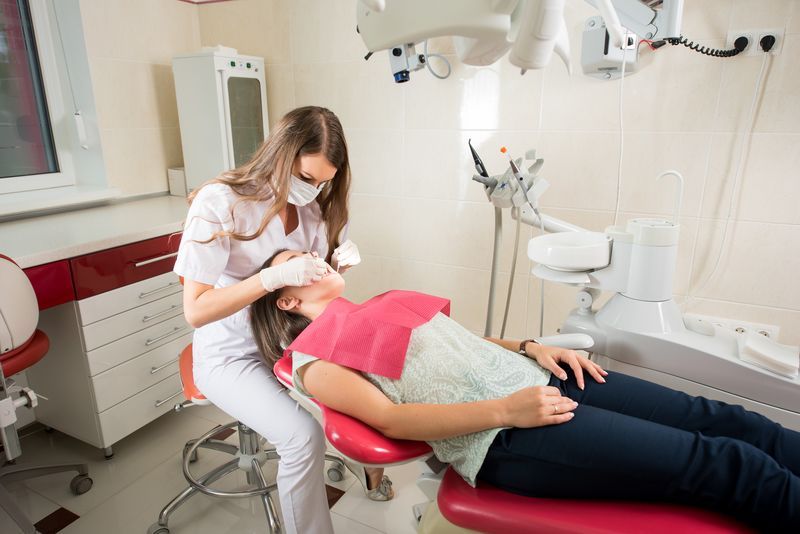Handling Dental Emergencies: A Guide for Dealing with Common Dental Issues

Dental emergencies, though often unexpected, are a common occurrence and can strike at any time. Understanding how to manage these situations can make a significant difference in outcomes, potentially saving a tooth and preventing further complications. This guide provides practical advice for dealing with common dental emergencies.
Toothaches: More Than Just an Inconvenience
Toothaches can be debilitating, but immediate action can help manage the pain. Start by rinsing the mouth with warm water and gently flossing to dislodge any food particles that may be causing the discomfort. Over-the-counter pain relievers can help, but they should not be applied directly to the gums, as they can cause burns. If the pain persists, seek dental attention promptly.
Broken, Chipped, or Cracked Teeth: A Matter of Urgency
In the event of a broken, chipped, or cracked tooth, rinse the mouth immediately with warm water to clean the area and apply a cold compress to the face to reduce swelling. Try to save any broken tooth fragments. It’s critical to visit a dentist as soon as possible. Temporary dental cement available in drugstores can be used to cover the area, but this is not a substitute for professional dental care.
Knocked-Out Tooth: A Race Against Time
If a tooth is knocked out, handle it by the crown and avoid touching the root. Rinse the tooth gently without scrubbing or removing any attached tissue fragments. If possible, try to place the tooth back in its socket, ensuring it’s facing the right way. If this isn’t possible, store the tooth in a small container of milk or a tooth preservation product. Seeing a dentist immediately is critical in such cases, as prompt action can often result in the tooth being saved.
Lost Filling or Crown: Temporary Measures
A lost filling or crown can be a painful experience due to exposed tooth tissue. Over-the-counter dental cement or denture adhesive can be used to reattach the crown temporarily until a dentist can properly replace it. If a filling falls out, a piece of sugar-free gum can be used as a temporary measure. A dental appointment should be scheduled as soon as possible.
Preparation and Prevention: The Best Strategy
While handling dental emergencies, it’s essential to seek professional help promptly. However, prevention and preparation are the best ways to avoid or mitigate these situations. Regular dental check-ups and good oral hygiene can prevent many dental emergencies. Moreover, having a dental emergency kit — with items such as a small container, dental cement, and over-the-counter pain relievers — can help manage emergencies until professional help is available.
Dental emergencies can be overwhelming, but knowing how to handle them can reduce pain and potentially save a tooth. While the measures mentioned above can provide temporary relief, they are not substitutes for professional dental care. Regardless of the emergency, seek immediate dental attention to ensure the best possible outcome. In the realm of dental health, knowledge, preparation, and prompt action are key to navigating emergencies successfully.
Are you in need of professional dental care following an emergency, or simply looking to stay ahead with preventive check-ups?
Don't hesitate to contact us today — we're here to ensure your smile remains healthy, no matter the circumstance.


